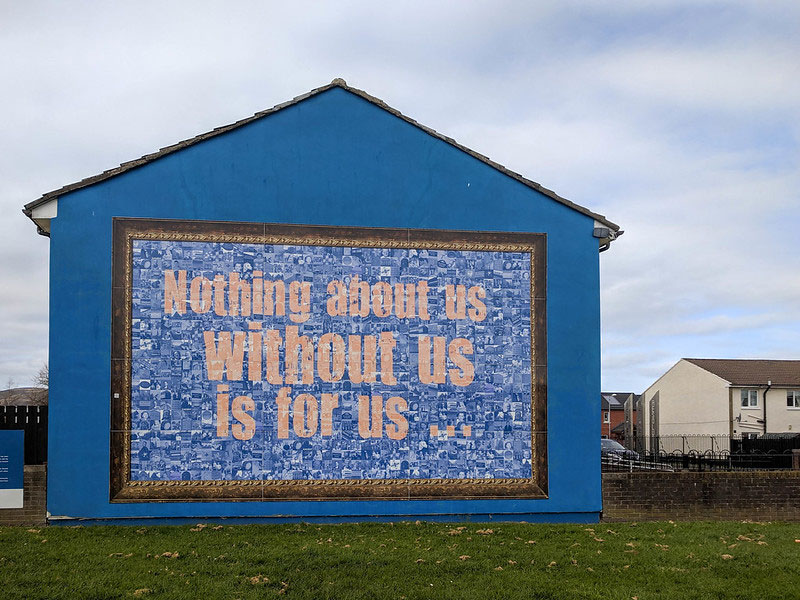I had the chance a few weeks ago to sit down with executive directors of lots of different kinds of nonprofits in Calgary, Canada and Flint, Michigan. As always, I came away enormously impressed with people’s focus, insight, intelligence, and flexibility even in the face of sometimes very daunting odds. One woman told me the story of curtailed funding for services for mentally ill people and its impact on the organizations which attempted to respond properly — to that very vulnerable population — with many fewer resources. Such stuff, of course, is constant in our work lives but I do not believe that everyone understands the skill and attention required to manage in such a context.
Anyway, for a long time I’ve been dreaming about making sure that you and the complex reality that you face day-to-day are better understood by funders and policy makers and that your wisdom is shared with other nonprofit leaders. Part of what I have been thinking is that we need to be on the lookout for important and useful research that we can get our own readers involved in . . . and so when the study referenced below presented itself as an opportunity I leapt on it
One of our readers’ favorite articles over the past year was “The Best and Worst of Board Chairs” (the board chair of the Nonprofit Quarterly told me that she carried it around with her for a while worrying about how she stacked up). We agree it was wonderful in that it gave all of us a sense of the personality characteristics that seem to be best suited to that critical role. Knowing these, of course, helps us to select the right candidates for the job — and probably for our boards in general.
But the authors of the study from which that article was drawn, Yvonne Harrison and Vic Murray, believe that there is more we can find out about what makes a board chair great — or not-so-great — or truly lousy.
Sign up for our free newsletters
Subscribe to NPQ's newsletters to have our top stories delivered directly to your inbox.
By signing up, you agree to our privacy policy and terms of use, and to receive messages from NPQ and our partners.
So NPQ has volunteered to ask you to weigh in on this important and enormously useful research by answering a quick and completely confidential survey about your board chair’s attitudes, behaviors, and characteristics.
Harrison and Murray urge anyone currently in a position to observe the way a board chair does her/his job to click here to respond to their survey.
Whether you are a nonprofit ED/CEO, board chair, board member, or someone in another role such as a volunteer, staff member, consultant, or stakeholder who has a good chance to observe a board chair in action, your observations are important.
All those responding (and supplying an email address) will receive an advance copy of the research report, complete with recommendations on how to improve board chair effectiveness.













